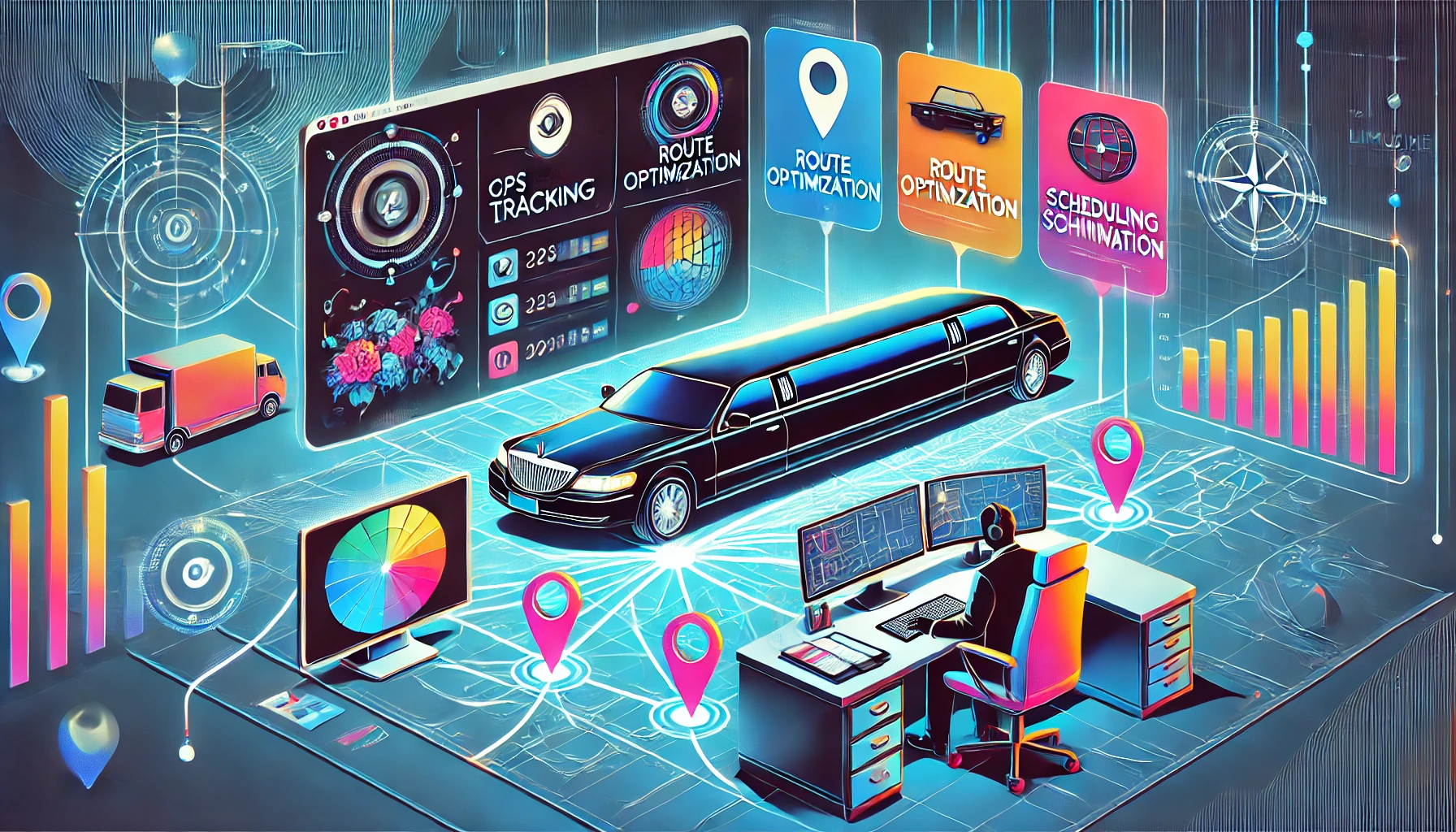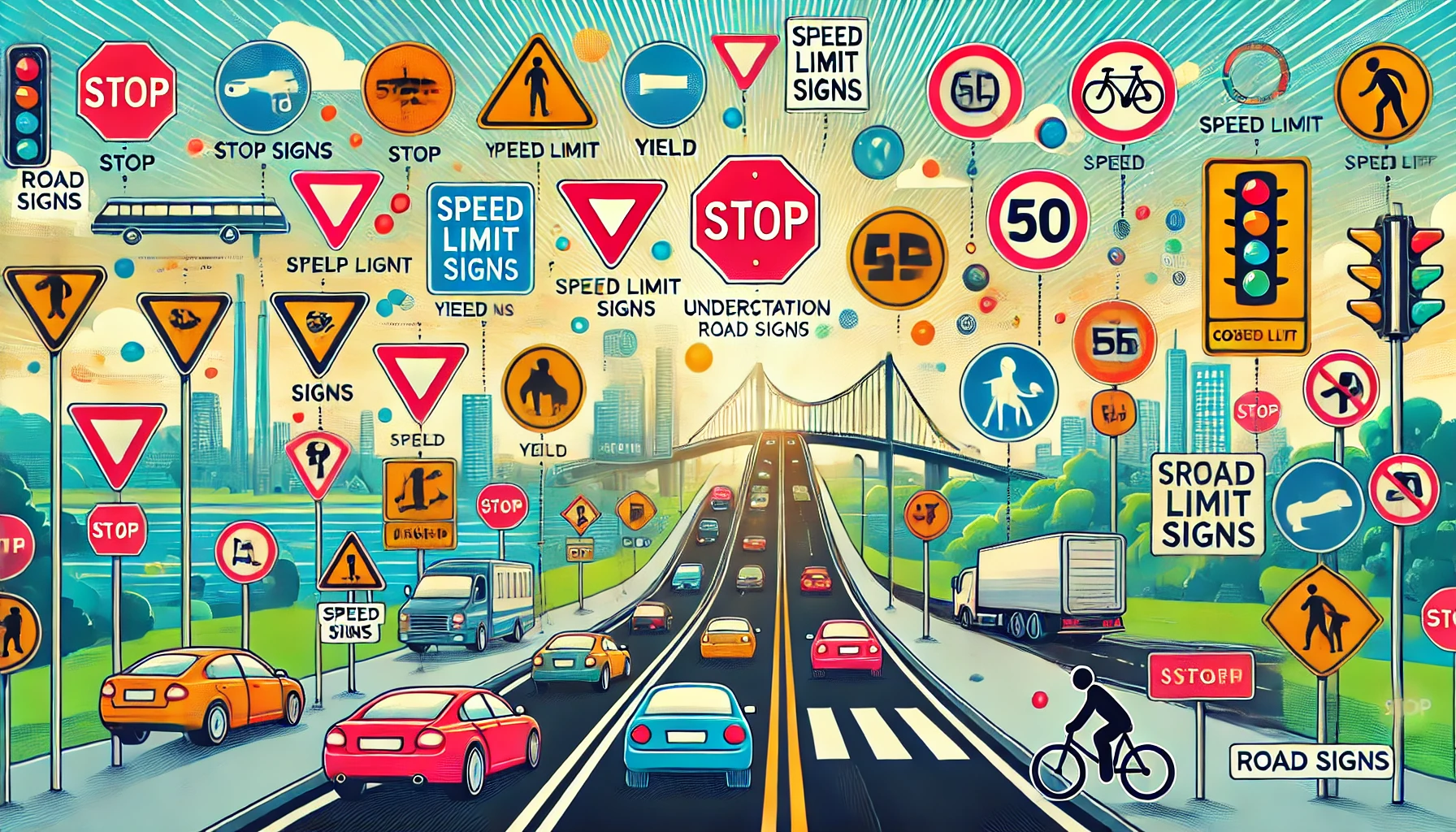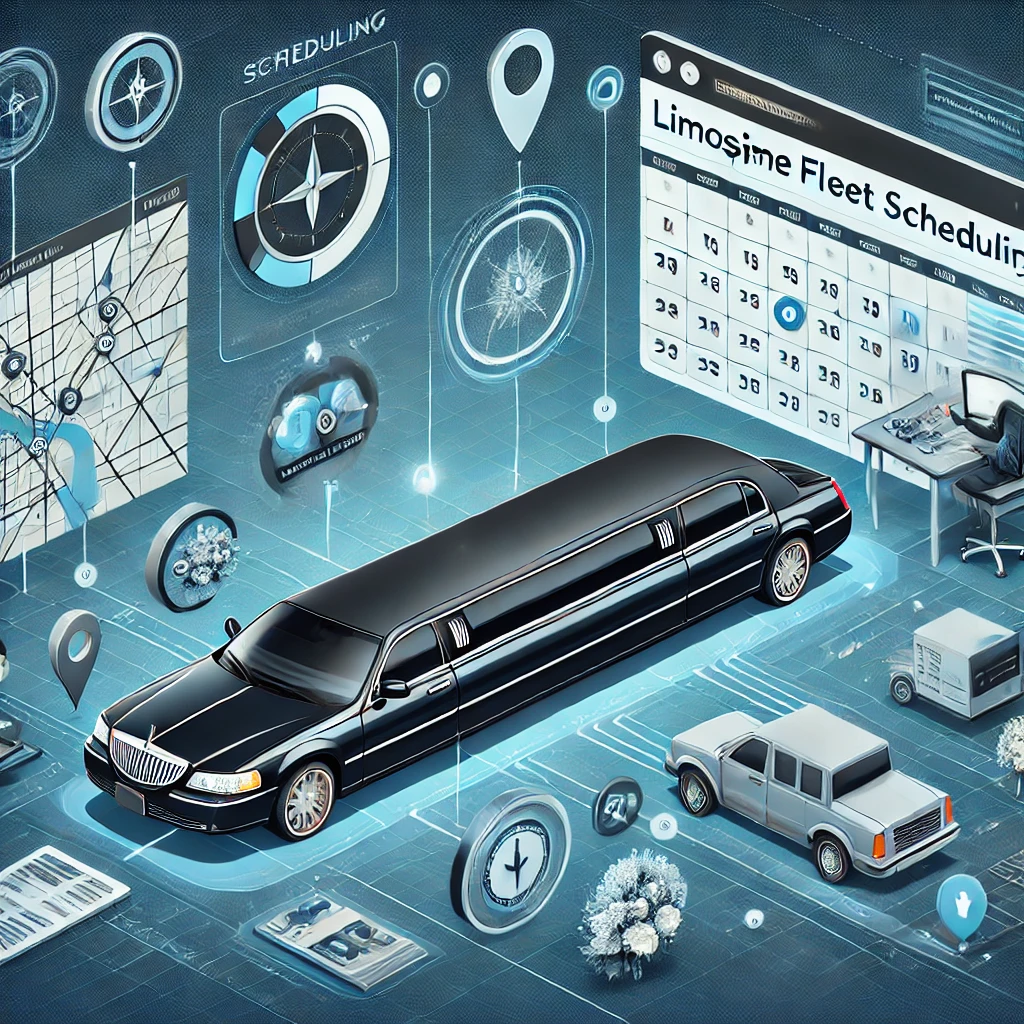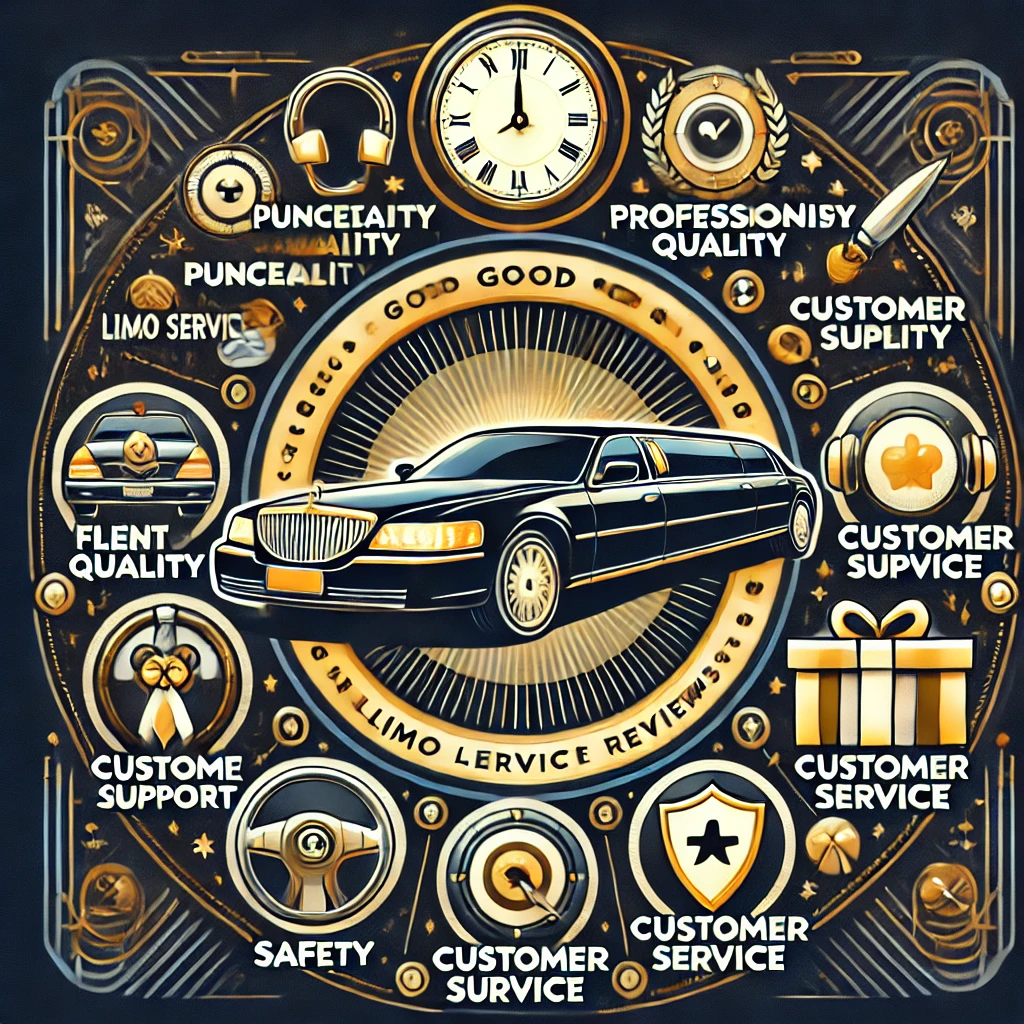In the fast-paced world of transportation, particularly in the limousine industry, dispatching plays a critical role in ensuring seamless operations. Dispatchers are the backbone of a service that demands precision, real-time coordination, and top-notch customer satisfaction. The right tools can make or break a business in this competitive field. This article dives deep into the limousine dispatch tools essentials, examining their importance, the challenges faced, and practical solutions to streamline operations.
1. Real-Time Fleet Tracking: The Foundation of Effective Dispatch
The Issue
In limousine dispatching, knowing the exact location of each vehicle at any given moment is essential. Without real-time tracking, delays, miscommunications, and inefficiencies can occur. This can lead to customer dissatisfaction and wasted resources.
The Solution
- Adopt GPS-Based Tracking Systems
GPS technology is a game-changer for dispatch operations. It enables dispatchers to monitor the precise location of limousines in real time. Tools like GPS trackers integrated with dispatch software provide live updates, enhancing coordination. - Use Cloud-Based Dispatch Platforms
Cloud technology allows information to be accessible across devices. Dispatchers can monitor vehicles, assign trips, and manage schedules seamlessly. Many cloud platforms integrate GPS functionality for a complete solution. - Set Geo-Fencing Alerts
Geo-fencing lets you create virtual boundaries for specific areas. When a vehicle enters or exits these areas, the dispatcher receives notifications. This helps in managing trips and ensuring vehicles stick to planned routes.
2. Optimized Scheduling for Seamless Operations
The Issue
Scheduling errors can cause significant problems, from double bookings to underutilized vehicles. Mismanagement in scheduling leads to inefficiency and customer complaints.
The Solution
- Leverage Scheduling Software
Tools like scheduling software specifically designed for limousine services help automate trip assignments. They reduce human error and optimize the allocation of resources. - Integrate AI for Demand Forecasting
Artificial Intelligence (AI) tools analyze patterns to predict peak times and areas of high demand. Dispatchers can plan schedules proactively, ensuring the availability of limousines during critical hours. - Automate Notifications and Updates
Automating updates ensures that drivers and customers are always informed of any changes. Text or app-based notifications keep everyone aligned, reducing last-minute confusion.
3. Communication Systems for Driver Coordination
The Issue
Ineffective communication between dispatchers and drivers can result in missed opportunities and poor service. Misunderstandings can disrupt the entire operation.
The Solution
- Invest in Two-Way Communication Systems
Modern two-way radios or in-app communication tools provide instant and reliable communication between dispatchers and drivers. - Implement Mobile Apps for Drivers
Mobile apps allow drivers to receive trip details, update their status, and communicate directly with dispatchers. Apps often come with features like route optimization and ETA updates. - Provide Training on Effective Communication
Equip drivers and dispatchers with training on using communication tools effectively. Clear protocols reduce ambiguity and foster smooth operations.
4. Efficient Route Optimization Tools
The Issue
Inefficient routes increase fuel costs, delay arrivals, and frustrate both drivers and customers.
The Solution
- Use Route Optimization Software
These tools calculate the fastest and most fuel-efficient routes based on real-time traffic conditions. Dispatchers can ensure timely service. - Leverage AI for Dynamic Re-Routing
AI-based systems can dynamically adjust routes in real time, accounting for traffic, weather, and road closures. - Monitor Traffic Conditions Proactively
Dispatchers should continuously monitor traffic reports and use tools integrated with their dispatch systems to update routes as needed.
5. Integrated Billing and Payment Systems
The Issue
Delays or errors in payment processing can lead to customer dissatisfaction and operational inefficiencies.
The Solution
- Adopt Automated Billing Software
Integrated billing systems simplify invoicing, ensuring accuracy and timeliness. Many dispatch tools include automated billing as a feature. - Offer Multiple Payment Options
Customers appreciate flexibility. Include options like credit cards, digital wallets, and corporate accounts for seamless transactions. - Maintain Transparent Records
Dispatch tools that store all transaction details ensure transparency and provide easy access for audits and customer queries.
6. Customer Relationship Management (CRM) Tools
The Issue
Maintaining strong customer relationships is challenging without organized data and insights.
The Solution
- Invest in CRM Software
CRM tools centralize customer information, including trip history, preferences, and feedback. This helps dispatchers tailor services. - Use Feedback for Continuous Improvement
Collecting and analyzing customer feedback through CRM systems highlights areas for improvement. Dispatchers can use this to refine processes. - Enhance Personalization
CRM tools help personalize interactions, which boosts customer satisfaction and loyalty.
7. Emergency Management Protocols and Tools
The Issue
Unexpected events such as vehicle breakdowns or sudden weather changes can disrupt operations.
The Solution
- Implement Contingency Planning Software
Dispatch tools with emergency protocols allow for quick reassignment of vehicles and routes. - Equip Drivers with Emergency Support Resources
Dispatchers should ensure drivers have access to roadside assistance and real-time support. - Regularly Update Emergency Protocols
Conduct mock drills and update contingency plans to prepare for unforeseen circumstances.
8. Data Analytics for Continuous Improvement
The Issue
Without analyzing operational data, it’s hard to identify inefficiencies or areas needing improvement.
The Solution
- Use Analytics Tools
Tools that track performance metrics like trip completion time, idle hours, and fuel usage offer actionable insights. - Review Data Regularly
Regularly analyze dispatch operations to identify trends and optimize processes. - Implement Predictive Analytics
Predictive tools anticipate future challenges, helping dispatchers stay proactive.
9. Driver Performance Monitoring Systems
The Issue
Poor driver performance affects service quality and customer satisfaction.
The Solution
- Install Driver Behavior Monitoring Tools
Tools like telematics devices monitor driving habits, ensuring safety and efficiency. - Provide Regular Feedback
Dispatchers can share insights with drivers to encourage better practices. - Reward Excellence
Recognize top-performing drivers to motivate others and improve overall service.
10. Scalable Technology Solutions for Growth
The Issue
As businesses grow, outdated tools may not support expanded operations.
The Solution
- Choose Scalable Platforms
Select dispatch tools that can grow with your business, offering features suitable for larger fleets. - Integrate New Features Gradually
Transition smoothly by introducing new functionalities in phases. - Invest in Employee Training
Equip your team with skills to adapt to new tools and ensure effective utilization.
Conclusion
Efficient limousine dispatching hinges on leveraging the right tools and strategies. From real-time tracking to scalable platforms, adopting the limousine dispatch tools essentials outlined in this article can transform operations. For businesses aiming to elevate their service, choosing the right tools is critical.
To streamline your dispatch and customer support services, consider the expert solutions offered by Saztech Solutions. Their innovative platforms are designed to optimize limousine operations and ensure exceptional customer experiences.
Home | About Us | Pricing | Get Started | FAQ | Dispatch Daily | Contact Us
WhatsApp | Facebook | LinkedIn





Leave a Reply